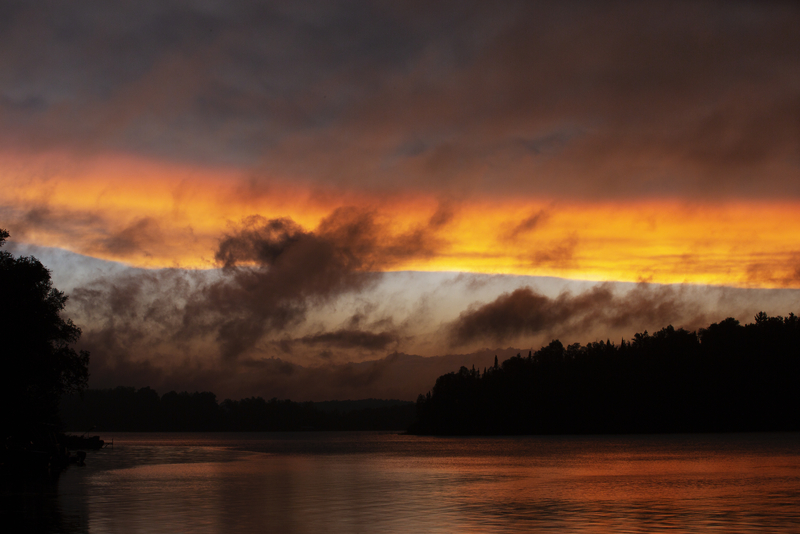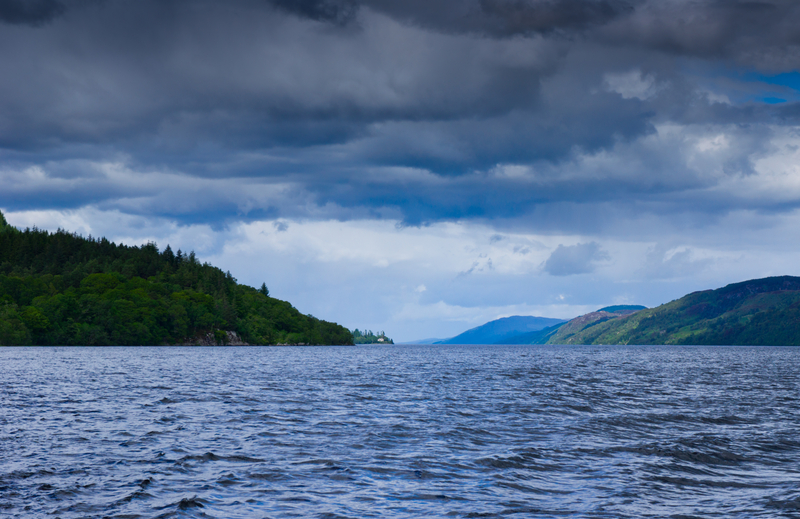The month of May began with a series of record-setting wildfires across much of Alberta. After weeks of difficult-to-control blazes that sent thousands from their homes, by late May heavy rainfall finally set in to help calm down the situation.
But almost as soon as that was happening, similar wildfires sparked across much of Nova Scotia and Quebec. Again, thousands of people had to be evacuated and hundreds of homes have been lost.
Rainfall and cooler temperatures in Nova Scotia have brought those fires under control, but as of today, approximately 160 fires are burning across Quebec. In total across the entire country, an area that is about half the size of Nova Scotia has been burned to the ground.
Smoke warnings
Toronto, Ottawa, and New York City are just some of the cities blanketed in smoke from fires in Quebec and Nova Scotia. (Getty Embed)
In addition, the effects of these monstrous blazes is being felt across not only Canada, but much of North America. Cities like Ottawa, Toronto, New York City, and Washington, D.C. are all under significant air quality warnings. Even a place as far south as Atlanta, Georgia is seeing and smelling the smoke from Quebec.
The skies in these places are hazy and authorities are asking people to try to stay indoors and avoid outdoor activities like sports, runs, cycling, and other workouts.
Canada has never had this many fires across this much of the country so early in the year.
Why is this happening?
A sweltering heat wave across much of Quebec set the stage for these current wildfires. (Getty Embed)
As we discussed back in May, the first question we ask is Why are these blazes so out of control?
Wildfires are a naturally occurring phenomenon in forests. Usually started by lightning strikes, they turn dry, dead, and overgrown forests into clear areas where newer, healthier trees can grow. This process is essential to the lifecycle of the forest and has been taking place for hundreds of millions of years.
But sometimes, a few factors can lead to them getting out of control. The first is an increase in unplanned human-made fires. These are usually caused by poorly managed campfires or other carelessness.
The second is extra dry, hot weather. "It's so dry right now, it's a significant challenge," said Halifax Regional Fire and Emergency Deputy Chief David Meldrum as he was fighting the fires in late May.
And without regular rain, a heat wave can turn entire forests into fresh 'fuel' for a monster blaze. All it takes is one spark and everything goes up in flame, making it difficult to control. In the case of Quebec and Nova Scotia, a recent week-long heat wave in late May set the stage for these latest blazes.
Stretched thin
In addition to the fires in Quebec, Nova Scotia, and Alberta, British Columbia and northern Ontario are also experiencing large blazes. (Getty Embed)
But there is a third factor here that is really setting the table for how challenging these fires are to control.
And that is how many of them are happening and across how wide an area.
The more fires happening at once, the harder they are to put out. But Canada doesn't really have a national wildfire fighting force. (The Canadian Interagency Forest Fire Centre, or CIFFC, is a national agency dedicated to assisting with fighting wildfires, but it is not the same as a dedicated force of firefighters and water bombing planes, which some others have.)
Instead, each province has its own force, which it uses to fight wildfires in its area. Occasionally, provinces will lend out their forces to another province that is in the midst of a heavy wave of fires. Many Quebec firefighters were in Alberta in May.
Then fires broke out back in Quebec, and they were needed back home. But while waiting for the firefighters to arrive, the Quebec fires had days to burn unchecked.
Overall, the firefighting forces were stretched too thin.
Time to change how we fight fires?
Across Canada, wildfire management teams are stretched thin. (Getty Embed)
In an interview with CBC Radio's Sunday Magazine, expert Mike Flannigan called upon Canada to change how it fights the flames.
He is the Science Director of the Canadian Partnership for Wildland Fire Science, and in his view, Canada is "not great at nationally being prepared for [these types of wildfire outbreaks]." But we could be.
A.I. (artificial intelligence) satellite tech is able to track and anticipate wildfire outbreaks. Using this tech, we can plan better and get firefighters where they are needed more quickly.
And more firefighters need to be trained for this work. As well as federal firefighters who are able to help Canada as a country and boost the efforts of provincial forces.
There are no guarantees about how Canada will choose to respond to this. In fact, today Prime Minister Trudeau is giving the country an update on how the country is planning to address these fires.
But the good news is that it is possible to figure out ways to better manage forest fires.
Until then, stay safe, avoid being outdoors in smoky areas, and let's be grateful for the brave efforts of those who try to keep these blazes under control!
 Smoke from forest fires across Canada is affecting huge parts of North America. (ID 125938681 © Camerashots | Dreamstime.com)
Smoke from forest fires across Canada is affecting huge parts of North America. (ID 125938681 © Camerashots | Dreamstime.com)








